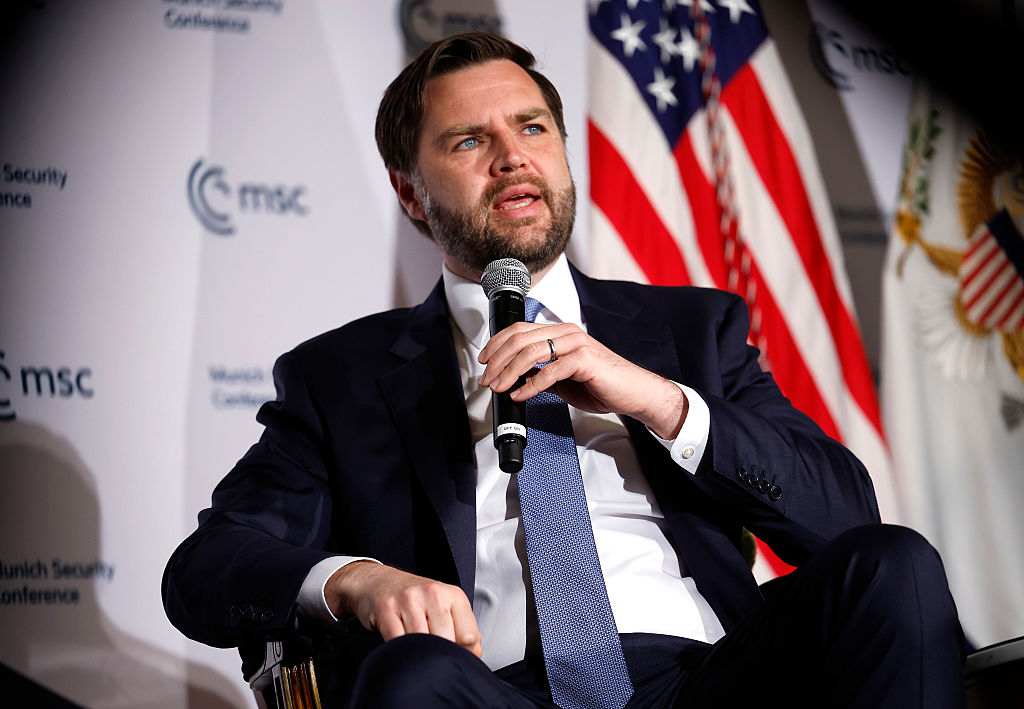While speaking to reporters en route to a NATO summit, Trump claimed he isn’t seeking regime change in Iran, yet his own social media posts tell a different story. Here's what unfolded.
In a significant reversal of tone, US President Donald Trump stated on Tuesday that the United States is not pushing for a regime change in Iran, warning that such a move would lead to instability across the region. Speaking to reporters while heading to a NATO summit in The Hague, Trump said, “I am not looking for regime change in Iran. That would lead to chaos.”
He followed up with a firm declaration that Iran will not be allowed to develop a nuclear weapon. According to Trump, Russian President Vladimir Putin had also reached out with offers to assist regarding the ongoing Iranian situation. “Iran is not going to have a nuclear weapon,” Trump asserted.
However, this position stands in contrast to what Trump posted just days earlier on his Truth Social platform. In a post that raised eyebrows in Washington and beyond, he wrote: “It’s not politically correct to use the term, ‘Regime Change,’ but if the current Iranian regime is unable to MAKE IRAN GREAT AGAIN, why wouldn’t there be a regime change??? MIGA!!!”
This apparent contradiction has caused confusion among observers, with the administration now facing questions about its actual stance. Despite Trump's U-turn on regime change during his media interaction, the social media post was widely interpreted as signaling the opposite.
US Administration Maintains Consistent Stand

Senior members of the Trump administration have maintained a more consistent line. Vice President JD Vance, Secretary of State Marco Rubio, and Defense Secretary Pete Hegseth have all emphasized that the administration’s main goal is halting Iran’s nuclear ambitions, not pursuing regime overthrow. “We don’t want to achieve regime change. We want to achieve the end of the Iranian nuclear program,” Vance stated in an interview with ABC, as reported by Politico.
Even so, Trump's mixed messaging has triggered concern, especially given the tense atmosphere in the region. Some officials told Politico the administration is primarily applying pressure to limit Tehran’s nuclear capabilities, not to collapse the regime. Still, the President’s Truth Social statement has injected uncertainty into what should have been a clear diplomatic line.
Iran has responded sharply. Foreign Minister Abbas Araghchi said Sunday that the US had “crossed a very big red line” and stressed that “this is not the time for diplomacy.”
;Resize=(820,462))
